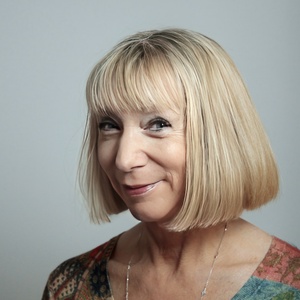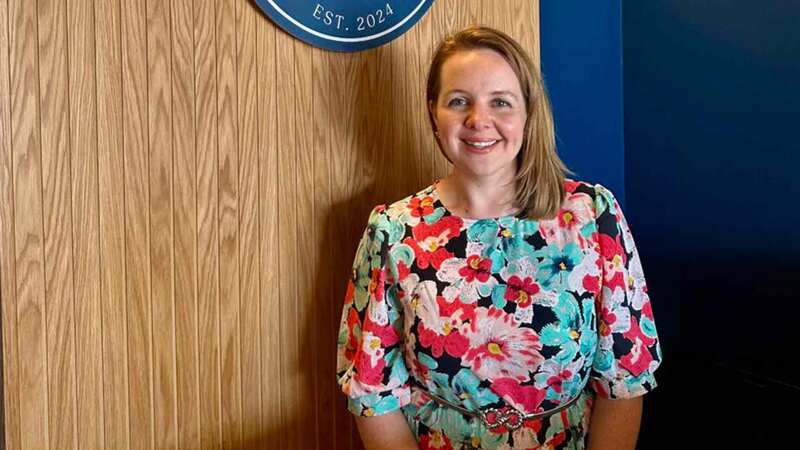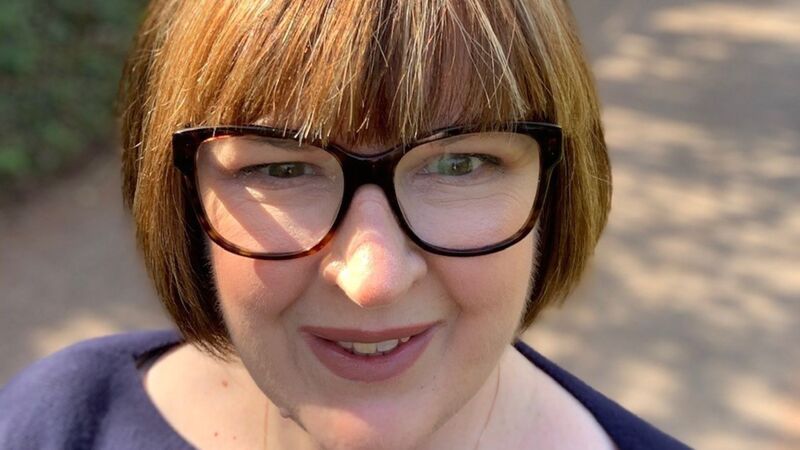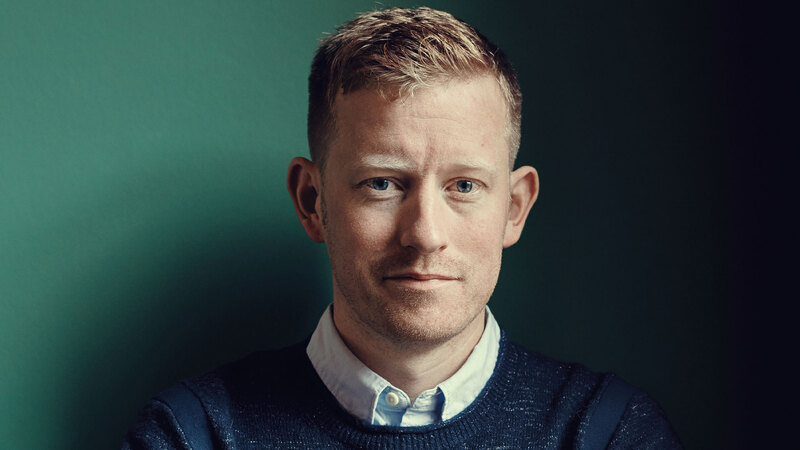You are viewing your 1 free article this month. Login to read more articles.
Emotional resilience for authors
After 14 novels into my career as an author, here are my tips for surviving the rollercoaster ride.
It’s a difficult market, we’re told. Authors who’ve been published multiple times, who’ve made bestseller lists and been Richard & Judy picks, are finding it hard to get a new deal. I know several experienced authors who are currently out of contract, and I’ve read in online author groups that editors are taking up to six months to respond to submissions. How do we authors hold our nerve while waiting for news? And how do we deal with rejection?
When I’m asked to offer advice to those seeking to get a first novel published, the first thing I say is "Toughen up". You’ll need an emotional hazmat suit to survive the slings and arrows of outrageous fortune on the ride from wannabe author to debut to possibly making a career out of writing. If you think once you get a book deal you’ve got it made, and that sales will grow with each book, you couldn’t be more wrong. This happens for literally no authors at all, ever.
I’m working on my 14th novel and am lucky enough to earn a living from writing at the moment, but I never take my next deal for granted. I’m here to tell you that while some aspects of the uncertainty get easier, many don’t. Below you’ll find the 10 survival tips that have sustained me over the years.
If you think once you get a book deal you’ve got it made, and that sales will grow with each book, you couldn’t be more wrong. This happens for literally no authors at all, ever
- Choose your first readers wisely. Pick ones who enjoy the type of book you’re writing, and who will offer gentle and constructive feedback. Rather than saying "I didn’t care about your heroine", tactful ones will say "Maybe you could give us more insight into what your heroine is feeling". Crucial difference.
- Before you send off a novel to agents or publishers, make sure you’ve started the next one. And if you don’t get any takers for the first one, keep writing the second. Don’t give up. You will get better with every novel so the effort is never wasted.
- It’s a huge high to get your first deal, and you’ll inevitably be fantasising about film rights, literary prizes and bestseller lists. Join the Society of Authors or some such group where you can chat with other authors about their experiences and modify your expectations accordingly. Unless you got a six-figure pre-empt, there won’t be billboard adverts, it’s unlikely your publisher will submit you for Richard & Judy, and you’ll be lucky to see a physical copy of your book in a bookshop anywhere, unless your mum orders it.
- Some authors check their sales daily, and I have huge admiration for them, but I’m not made that way. I never check sales. Someone will tell me if there’s good news and I don’t want to know if there’s bad. When the royalty statement comes, I’ll check the figure at the bottom and celebrate if it’s positive, which means the book has paid off its advance. Otherwise, I stick my fingers in my ears and chant "Lalalalalala".
- I also don’t read NetGalley, Amazon and Goodreads reviews. They’re not written for me; they’re for other readers. I might glance at the total number and the overall star rating, but only if I’m feeling especially intrepid.
- Don’t compare yourself to other authors. When a friend posts that they’re a Reese Witherspoon pick, or a Sunday Times bestseller, or that they’ve signed a big new deal, I alleviate my intense envy by immediately posting effusive congratulations. It makes you feel better, I swear. Also, remember that everyone presents the sunny upbeat news on social media and few tell you that their last book bombed.
- Celebrate the positive and survive the negative. I put an asterisk in my diary every time there’s something lovely, like a new foreign rights sale, a great review, or a sweet email from a reader. Find your own way to offset the negatives, such as having a book rejected – which happens to us all, by the way. For me, swimming in a nearby pond surrounded by nature helps. Talking to author friends is also nurturing. You’ll find your own method. The main thing is, no matter how downcast you feel, keep writing.
- Be flexible. Be prepared to switch genre if your sales flatline. Sometimes your agent or publisher will suggest you use a pen name in another genre, which might feel a wrench; but if it means you keep getting published, it’s surely worth it.
- Beware burn-out. The absolute best thing about being a writer is that when you are in full flow, ideas float into your brain like precious gifts from the universe. But if you work so hard that you’re no longer feeding your creative brain – with visits to art galleries, concerts, theatre, life away from the laptop – then you will eventually hit a brick wall and won’t be able to write. I know authors who’ve had to take several months off when this happened.
- If you’re lucky enough to have a huge bestseller, cherish every moment. It’s like getting three pineapples in a row on a fruit machine and suddenly the coins are pumping out. Your inbox is full, your Amazon ranking gets higher by the minute (you know because you’re continually refreshing the page), and your book seems to be mentioned everywhere. It’s easy to get addicted to those regular endorphin hits, but be aware that they start to tail off before long. You’ll drop down the rankings you sailed up and you may never know that moment in the sun again. But always stay grateful for every single reader who opened your book and entered your world. It’s a great honour.
And if you think I sound relatively sanguine, check in with me in a couple of months after Scandalous Women has been published and when novel 14 is making its way into editors’ inboxes. By then I might be telling an entirely different story…
Scandalous Women, Gill Paul’s novel about Jackie Collins and Jacqueline Susann, is published by Avon Books

















